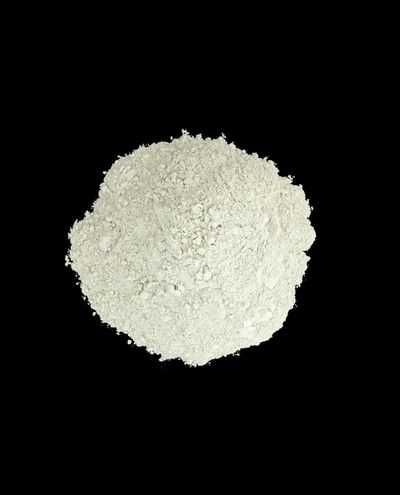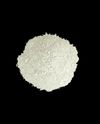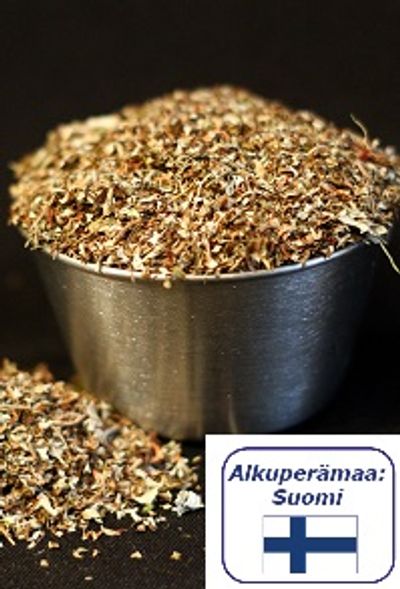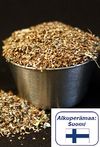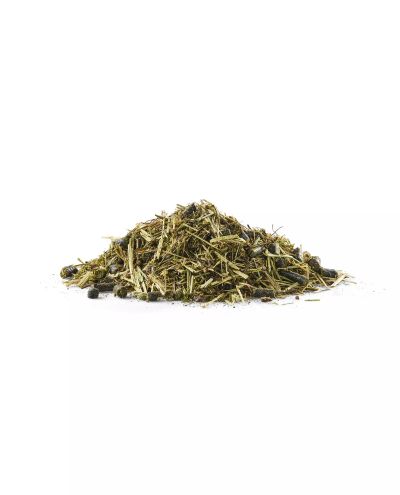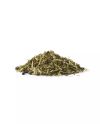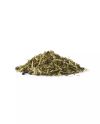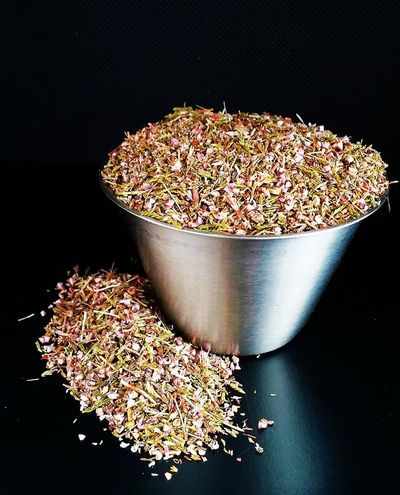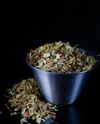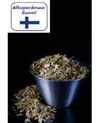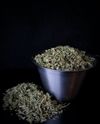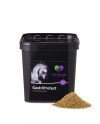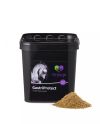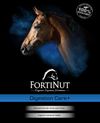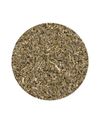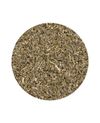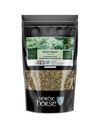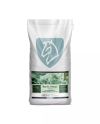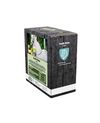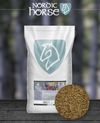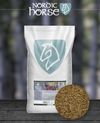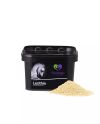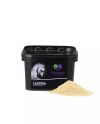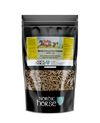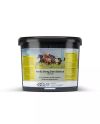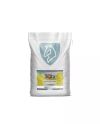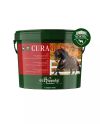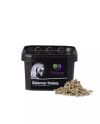$ 61.94 VAT. 13.5%
39 product
$ 27.22 VAT. 13.5%
- Does not contain cereals or lucerne
- Does not contain maize or molasses
- For allergy sufferers
$ 58.22 VAT. 13.5%
$ 24.74 VAT. 13.5%
$ 16.06 VAT. 13.5%
$ 22.26 VAT. 13.5%
$ 68.14 VAT. 13.5%
$ 79.30 VAT. 13.5%
$ 30.79 VAT. 13.5%
$ 54.50 VAT. 13.5%
$ 18.54 VAT. 13.5%
$ 28.46 VAT. 13.5%
$ 18.54 VAT. 13.5%
$ 71.86 VAT. 13.5%
$ 39.62 VAT. 13.5%
$ 133.86 VAT. 13.5%
$ 33.42 VAT. 13.5%
$ 19.78 VAT. 13.5%
$ 49.54 VAT. 13.5%
$ 74.34 VAT. 13.5%
$ 71.86 VAT. 13.5%
$ 49.54 VAT. 13.5%
$ 75.58 VAT. 13.5%
$ 75.58 VAT. 13.5%
You have viewed 24 / 39 product
The horse's feeding imbalance can be corrected by avoiding large and rapid feeding changes. The transition to the pasture and stable season should be gradual, and the change of hay should be handled in stages. The horse can be supported in such challenging situations by supporting the optimal functioning of the intestines and digestion with various supplementary feeds and additives. Mucus-producing feed ingredients lubricate the intestinal surface, and soluble and insoluble fibers act as prebiotics in the horse's intestine, feeding the horse's intestinal bacteria. The balance of bacteria in the horse's gut is a key part of its digestive system and health in general. A huge number of different microorganisms live in the horse's intestine, including beneficial bacteria that are involved in digesting food and absorbing nutrients. This bacterial balance is important, and an imbalance can lead to digestive problems and health problems. Horses' diet should contain enough fiber. Fiber is important for the growth and activity of beneficial bacteria. The horse's feeding should be distributed evenly throughout the day. A meal rhythm that is too infrequent or meals that are too large can cause the bacterial balance to be disturbed. In addition, good hydration is important for intestinal function and maintaining bacterial balance. Probiotics: Probiotics are beneficial bacteria that can help maintain gut health. They can be added to the horse's diet if necessary, according to the veterinarian's recommendation. Horses tend to get intestinal parasites that can disturb the bacterial balance. That's why it's important to carry out regular parasite removals according to the veterinarian's instructions. Stress management: Stress can negatively affect the horse's intestinal function and bacterial balance. Try to minimize stress factors in the horse's environment and care. If your horse has intestinal problems or you suspect that its intestinal bacterial balance is out of balance, contact your veterinarian. A veterinarian can perform the necessary examinations and give instructions on treatment, which may include, for example, dietary changes or medication. Taking care of the health of the intestines is central to maintaining the horse's general health. A horse's digestive system is delicate and complex, and its imbalance can lead to various health problems. Digestive imbalance can manifest itself in many different ways, and it can be caused by many different reasons. Here are some possible digestive problems in horses: Feeding Imbalance: A horse's feeding must be balanced and designed according to the horse's nutritional needs. Too little or too much food, the wrong kind of feed or an unbalanced diet can cause problems. Gastric ulcer: Gastric ulcers can occur in horses, especially due to stress, feed quality and feeding rhythm imbalance. This can cause pain and digestive problems. Cochlear disease: Cochlear disease is a disorder of the horse's intestines that can be life-threatening. It can be caused, for example, by viruses, digestive problems, too fast consumption of feed or foreign objects that remain in the intestines. Diarrhea and constipation: Horses can experience both diarrhea and constipation, which can be caused by nutritional imbalances, infections or intestinal problems. Gas and fermentation problems: Gas and fermentation problems can occur in the horse's intestines, which can cause pain and discomfort. gas and fermentation problems are caused by an imbalance of gut bacteria. Quantitative Hypersensitivity Syndrome: This is a condition that can be caused by consuming feed too quickly and can cause stomach problems such as diarrhea and colic. the reason for this is too rapid changes in feed or unsuitable feed. It is important to properly treat a horse's digestive problems in accordance with the veterinarian's instructions. Feeding must be balanced, and the general health of the horse must be monitored carefully. The feeding plan and feeding rhythm must be monitored, and the horse must be vaccinated and dewormed regularly. In addition, efforts must be made to minimize the horse's stress levels, as stress can cause digestive problems. If you suspect that your horse has digestive problems, contact your veterinarian for proper treatment and advice.

